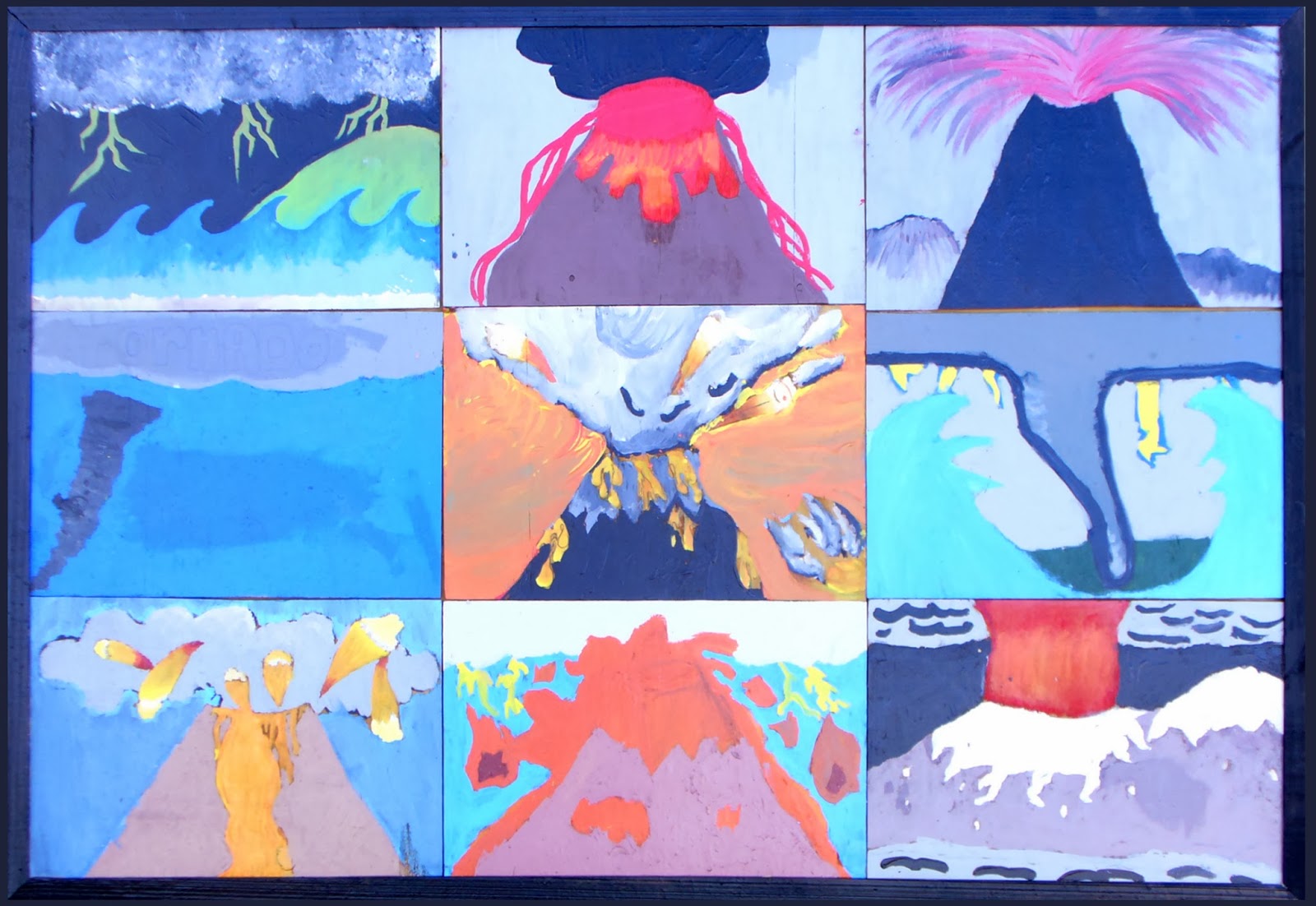I
couldn’t stay away from the combination of disaster movie/sand and sandals
epic, Pompeii, this weekend. I’ve had a soft spot for the events of August 24,
A.D 79 ever since National Geographic published an article on Herculaneum in
May 1984. Reading about the amazing discoveries there helped cement my
determination to major in Anthropology a few years later. I didn’t study
classics, or shift into physical anthropology, but I have maintained a
dilettante’s interest in the subject of Vesuvius’s eruption ever since. So it
was with a little more than a layman’s knowledge that I entered the theatre.
Such was my undoing.
First,
the story was so incredibly predictable and re-hashed, I couldn’t even watch
the actors most of the time, I was so embarrassed for them. Hero orphaned by
awful Romans, check. Hero turns into awesome fighter in the gladiatorial arena,
check. Hero is a horse whisperer and impresses Heroine by breaking a horse’s
neck, check. Wait, what? Okay, that whole scene made no sense. Heroine is
daughter of a rich, influential man but is mysteriously attracted to a slave,
check. Hero is set upon by fellow gladiators and grudgingly befriended by his
rival, check. Villain is an alpha-hole to Heroine and also happens to be the
bad guy who orphaned our Hero seventeen years prior, check. Oh, I can’t even go
on any longer, it’s all so sadly unimaginative it makes me gnash my teeth. Even
a cursory reading of a popular book on the subject of Pompeii would provide so
many wonderful plots and ideas it’s almost as if the writers were forced at
pen-point to use only tired clichés.
Second,
the behaviors and attitudes of all the major characters were so wildly
inappropriate it made me wince as I watched. The Heroine somehow has a distaste
for the Roman aristocracy even though she’s the living embodiment of it. She
also inexplicably rides off with the (slave) Hero after a minor earthquake even
though there’s absolutely nowhere for them to go, and after about two minutes
they give up and come back to the villa. At that point, I wouldn’t have been
surprised if the Heroine announced she was vegan and wanted to make sure her
carbon footprint was as small as possible. The Villain was relentless in his
pursuit of this unappealing (by the standards of the day) young woman, even in
the face of enormous projectiles of flaming magma exploding all around him. The
Hero just glowered and hit people, which brings me to my next point.
Third.
Lots. Of. Fighting. So many stabbing swords, thumped shields, wielded chains,
swinging fists, and thrown spears I was sick of it after the first fifteen
minutes even though I had to endure another hour of it. Why filmmakers default
to gladiatorial characters when they make a Roman era movie is beyond me. We’ve
seen death in the arena so many times it’s not interesting anymore. Why not
write about the traders who brought in luxury goods from all over the empire?
Or borrow an idea from Robert Harris’s great book, conveniently titled Pompeii,
and make a film based on the amazing achievements of Rome’s hydraulic
engineers?
The only
reason I’m not upset I spent seven dollars on this thing was because the CGI
folks did a great job. I loved all the panning shots of ancient Pompeii and the
eruption of Vesuvius made me gasp out loud. There was some inaccuracy in how
they portrayed the stages of the eruption, but a casual viewer would never pick
up on it. A great book to check out in relation to how the eruption occurred and
what happened hour by hour in Pompeii and Herculaneum is Charles Pellegrino’s
Ghosts of Vesuvius.
If you
are after visual thrills and chills of the toga sort, Pompeii should work for
you. If you want to care about the characters before they are incinerated in a
pyroclastic cloud, skip the movie and read one of the books I mentioned above.

